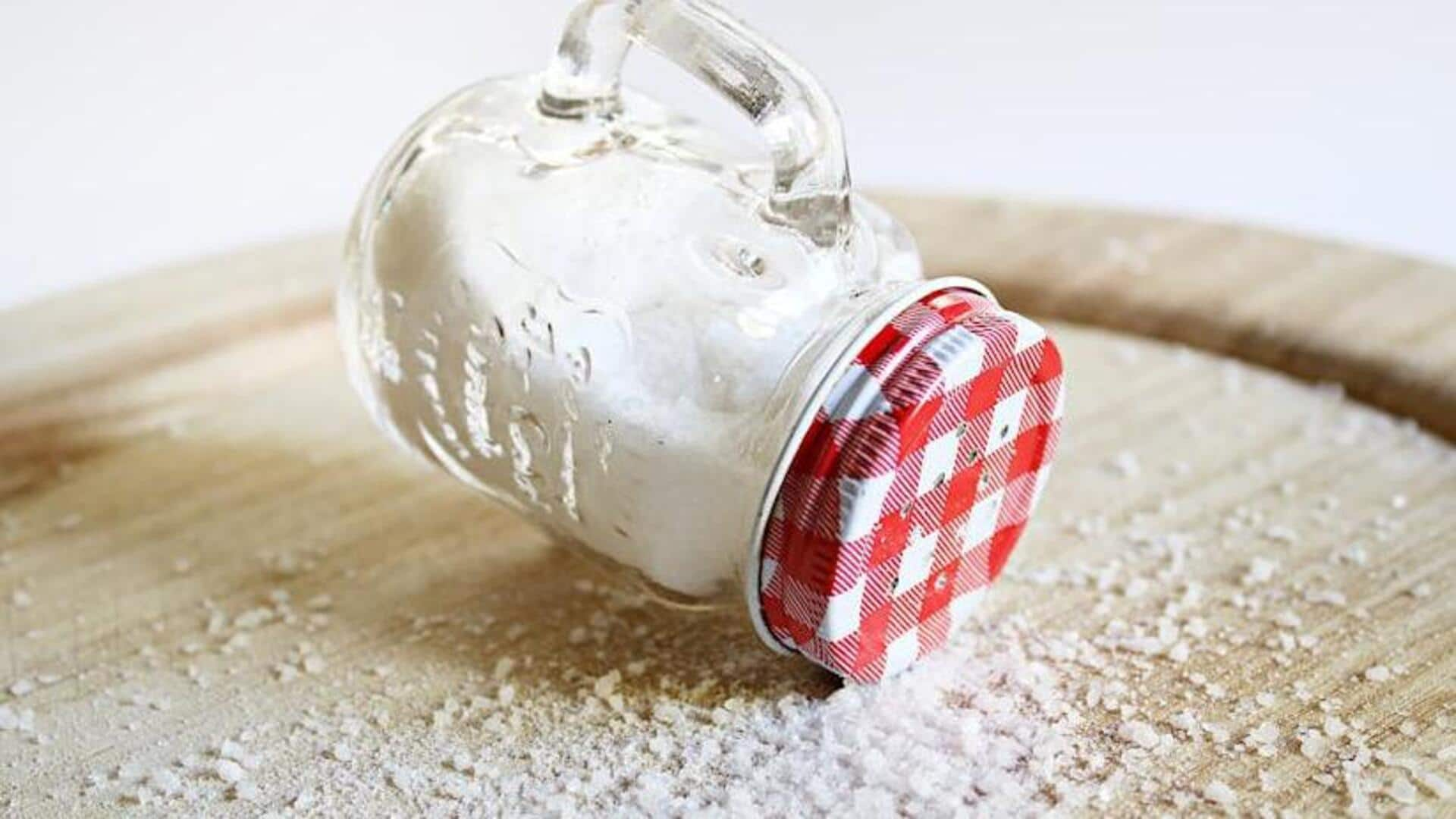
Salt and heart health: The real story
What's the story
Salt is the misunderstood bad boy of the heart world. For years, we've been told it's the heart's worst enemy, to be avoided like a cheesy romance novel. But hold onto your salt shakers! Turns out, salt's relationship with our hearts is a bit more complicated than we thought. This article is here to bust some salty myths about how it affects your heart health.
Myth 1
Not all salt is created equal
A common misconception is that all salt is bad for your heart. Not all salt is created equal. Table salt is heavily processed and stripped of minerals present in natural salts like Himalayan pink salt or sea salt. These unrefined salts offer trace minerals that are good for our health. Of course, moderation is key, but not all salts are heartbreakers.
Myth 2
Salt intake is universally bad
The notion that we all need to cut way back on salt to save our hearts is a vast oversimplification of a complicated reality. People's sensitivity to salt is highly individual; some are "salt-sensitive" and experience blood pressure spikes with high sodium intake, but many others don't see the same effect. Knowing your body's reaction to salt is key, not following a one-size-fits-all rule.
Myth 3
Cutting out salt completely is healthy
Cutting out salt completely from your diet is not healthy Sodium, which is found in table salt, is essential for the body. It helps regulate fluids and transmit nerve signals. A low-sodium diet can lead to hyponatremia, which is a condition that occurs when your blood sodium is too low. This can cause nausea, headaches, confusion, and fatigue.
Myth 4
More salt equals higher blood pressure for everyone
It's not true that more salt you take, higher would be your BP. Always. While too much sodium can increase blood pressure in salt-sensitive individuals or those with hypertension, it doesn't raise it in everyone. Salt should be consumed based on dietary needs and balance. Recognizing your individual response to salt can help you make informed decisions about heart health and nutrition.